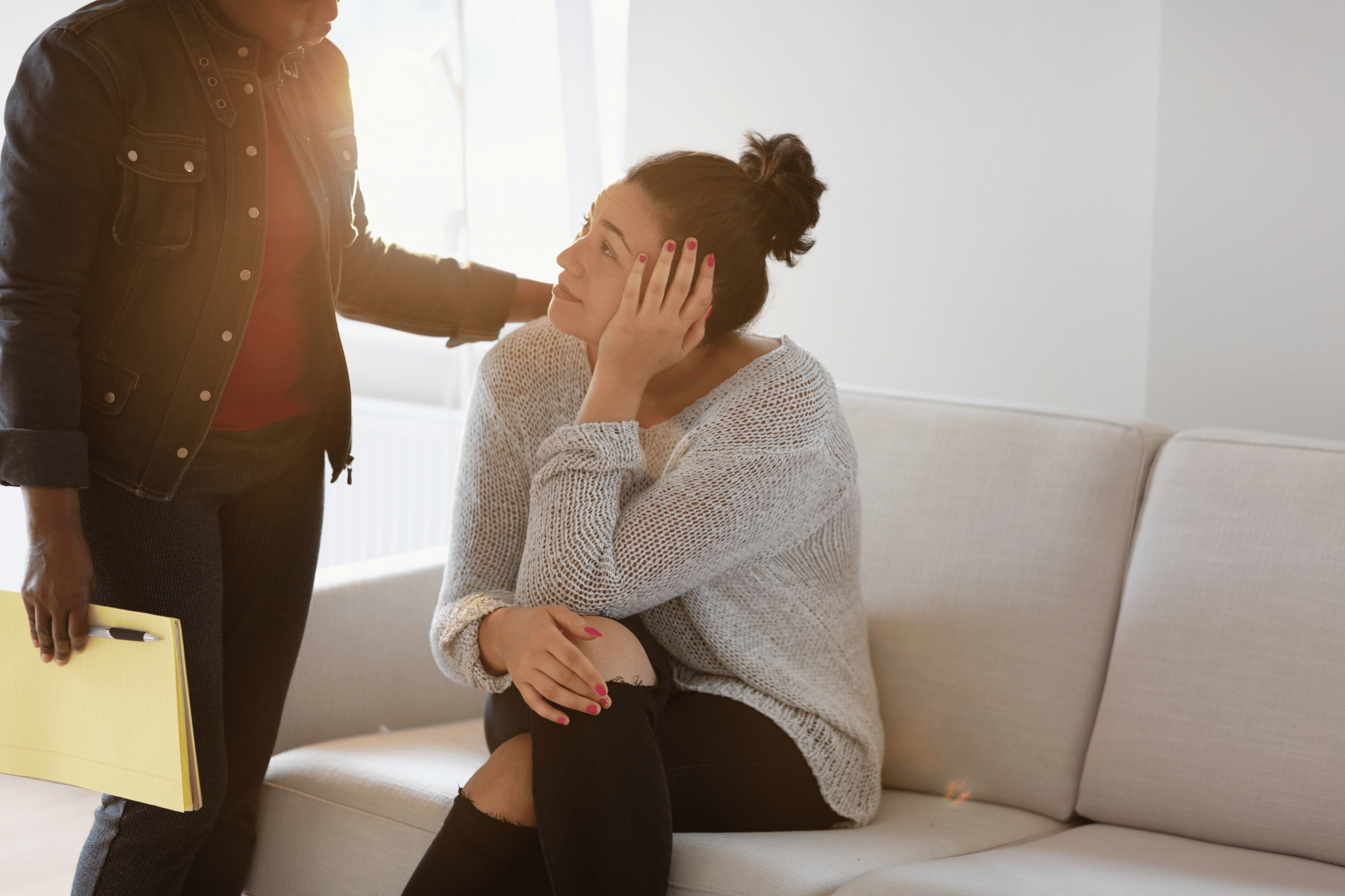Fun Mental Health Activities for Teens
Teen mental health needs ongoing attention. Many adolescents face stress, peer pressure, bullying, or emotional distress daily. These struggles may increase the risk of substance abuse, depression, or behavior problems. Parents, teachers, and therapists can help teens build psychological resilience through healthy habits, emotional regulation, and fun mental health activities.
What Can We Do to Help Our Kids?
Teens need support from both home and school environments. Listening to their concerns, encouraging healthy coping strategies, and helping them build emotional intelligence are key. Creating a safe space for open conversation helps reduce social stigma and supports emotional expression.
School counselors, teachers, and social workers also play a role in developing positive behavior and life skills. Early intervention can prevent more serious issues like addiction, bipolar disorder, or oppositional defiant disorder from escalating. Therapy, mindfulness, and stress management are all part of building a teen’s mental wellness plan.

Mental Health Activities for Teens
1. Reflect Through Journaling
Writing on paper allows teens to organize thought, increase self-awareness, and reduce emotional distress. It builds insight into emotions like fear, anger, or sadness and supports cognition and language skills. Prompt ideas include daily gratitude, sleep hygiene check-ins, or writing about screen time use.
2. Give Students Time to Talk
Teens benefit from peer support, conversation, and connection. Providing time during class or at home for open discussion helps reduce feelings of isolation. This also helps build communication skills, emotional regulation, and trust with teachers, parents, or therapists.
3. Build Your Toolkit for Mental Health Support
A mental health toolkit may include breathing exercises, mindfulness strategies, and creative outlets like art or music therapy. These tools teach teens how to manage strong feelings, whether from grief, panic, or frustration. Encourage skills like diaphragmatic breathing or progressive muscle relaxation.
4. Practice Mindfulness
Mindfulness increases focus, self-control, and awareness. Techniques like guided imagery, meditation, and yoga help regulate the nervous system and improve mood. Mindfulness also supports emotional stability for teens living with conditions like schizophrenia, bipolar II disorder, or anxiety.
5. Get Outside
Spending time in a natural environment can lower stress and improve happiness. Activities like gardening, walking, or swimming provide both physical exercise and emotional benefits. Being in nature reduces fear, anger, and cognitive fatigue, and boosts endorphins.
6. Incorporate Calming Mind-Body Exercise
Yoga, stretching, and controlled breathing are powerful relaxation techniques. These activities promote body awareness, reduce impulsivity, and support anger management. They are also accessible to teens of different abilities and support neurodiversity and emotional balance.
7. Take Active Breaks
Teens need movement throughout the day to improve attention, reduce mental fatigue, and manage stress. Activities like dancing, short walks, or light exercise help reset the brain and build healthy habits. These breaks are important, especially for teens dealing with sleep problems or attention issues.
8. Mentor Your Peers
Teen peer mentoring builds compassion, social skills, and community. It also promotes a mindset of service and leadership. Sharing coping tools and experiences helps reduce stigma and encourages others to seek help early when facing addiction, worry, or low mood.
9. Allow Fidgets
Fidget tools like stress balls or textured items can help regulate focus and behavior. They are useful for teens who struggle with attention, anxiety, or sensory processing. These tools can also be incorporated into classroom settings to improve learning outcomes.
10. Tap into Art Therapy Exercises
Art therapy supports emotional expression and creativity. Drawing, painting, or sculpting helps teens release tension and understand their feelings without using words. These activities help with emotional insight, especially for teens coping with trauma, bullying, or loss.

Choosing the Right Ones: 3 Tips
Know the Teen’s Personality and Needs
Different teens respond to different strategies. Some may enjoy reading or guided breathing, while others prefer outdoor activity or music. Understanding their preferences improves participation and results.Keep Activities Manageable
Start with short routines like 5-minute breathing or a daily journal prompt. This prevents overwhelm and builds confidence in using mental health tools consistently.Build a Routine
Consistency matters. Repeating healthy activities like yoga, exercise, or art helps regulate the brain and supports ongoing development of emotional and social skills.
Teen Activities at Home
At home, parents can support mental health by encouraging structure, sleep, relaxation, and creativity. Play calming music, prepare a healthy diet, and limit screen time before bed. Try activities like progressive muscle relaxation, drawing, or meditation together.
Creating a positive home environment also includes building a routine that involves learning, movement, and emotional check-ins. This supports behavior regulation and helps teens manage stress from school or social media.

Support for Teens in Orange County
Adolescent Mental Health offers therapy and emotional support to teens facing challenges such as substance abuse, depression, emotional dysregulation, or trauma. Our licensed therapists provide evidence-based programs that support school success, emotional development, and coping skills. We work with families to build healthy routines and manage behavioral and psychological issues.
Contact our Orange County team today to learn how we help teens build confidence, connection, and emotional well-being.









